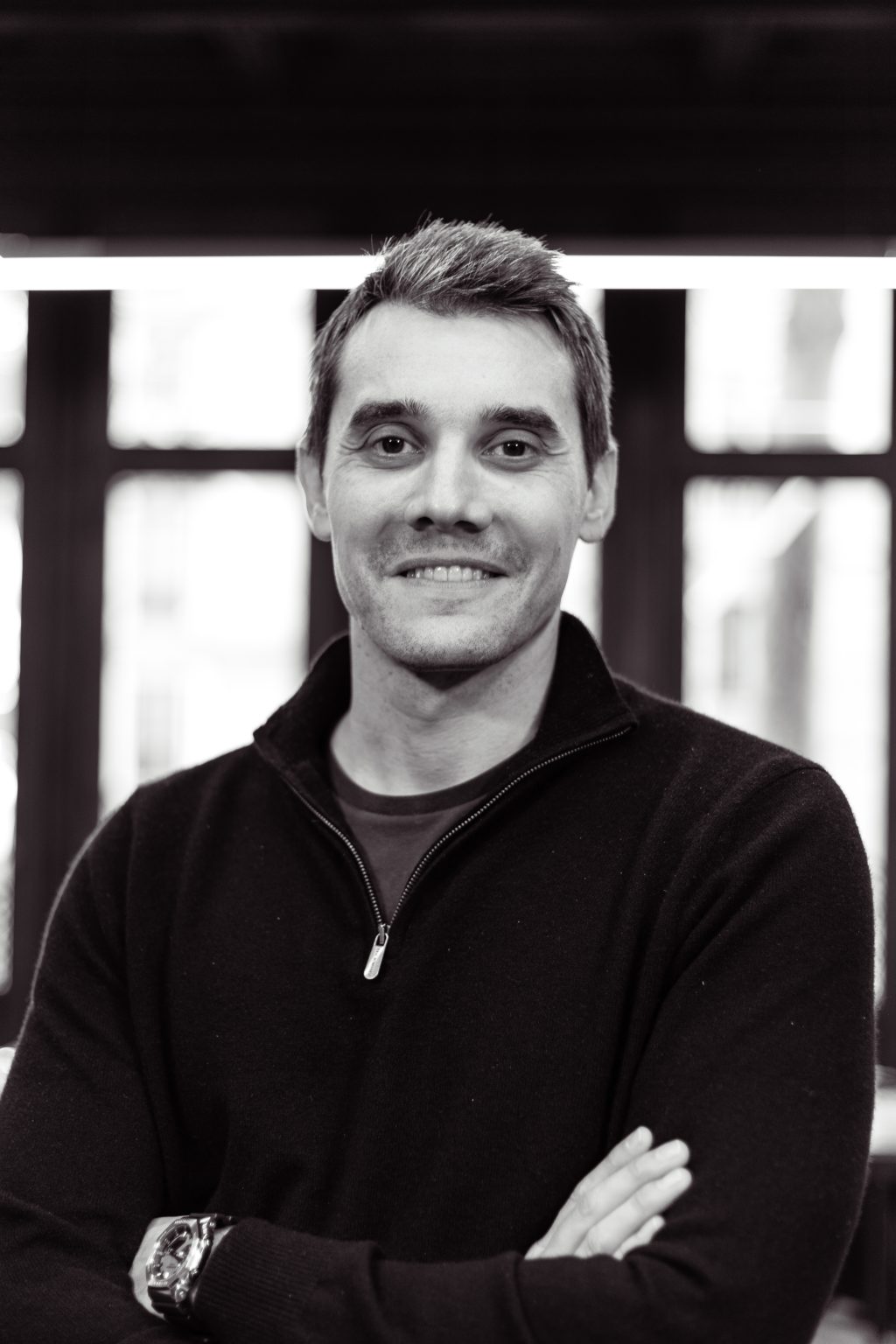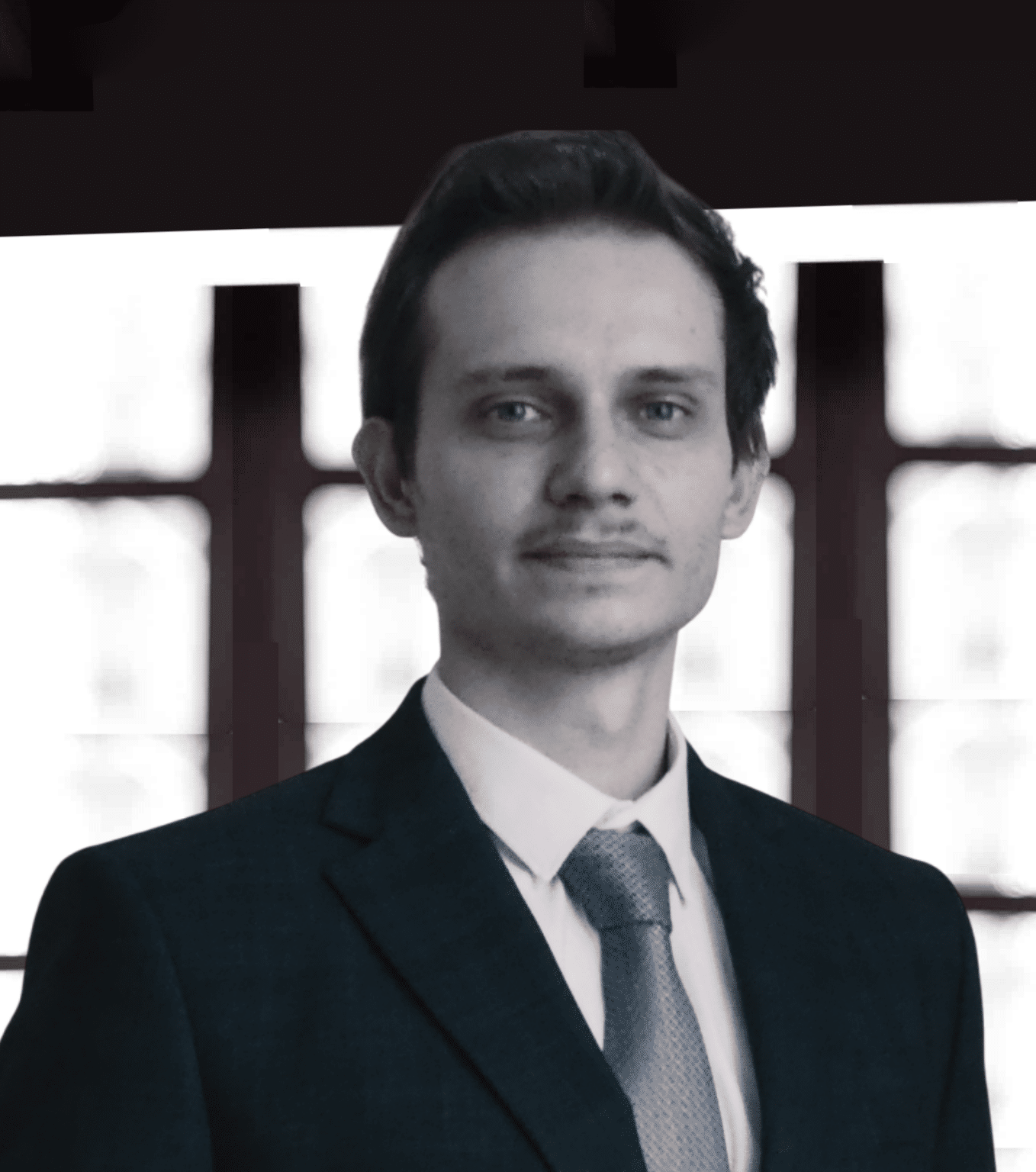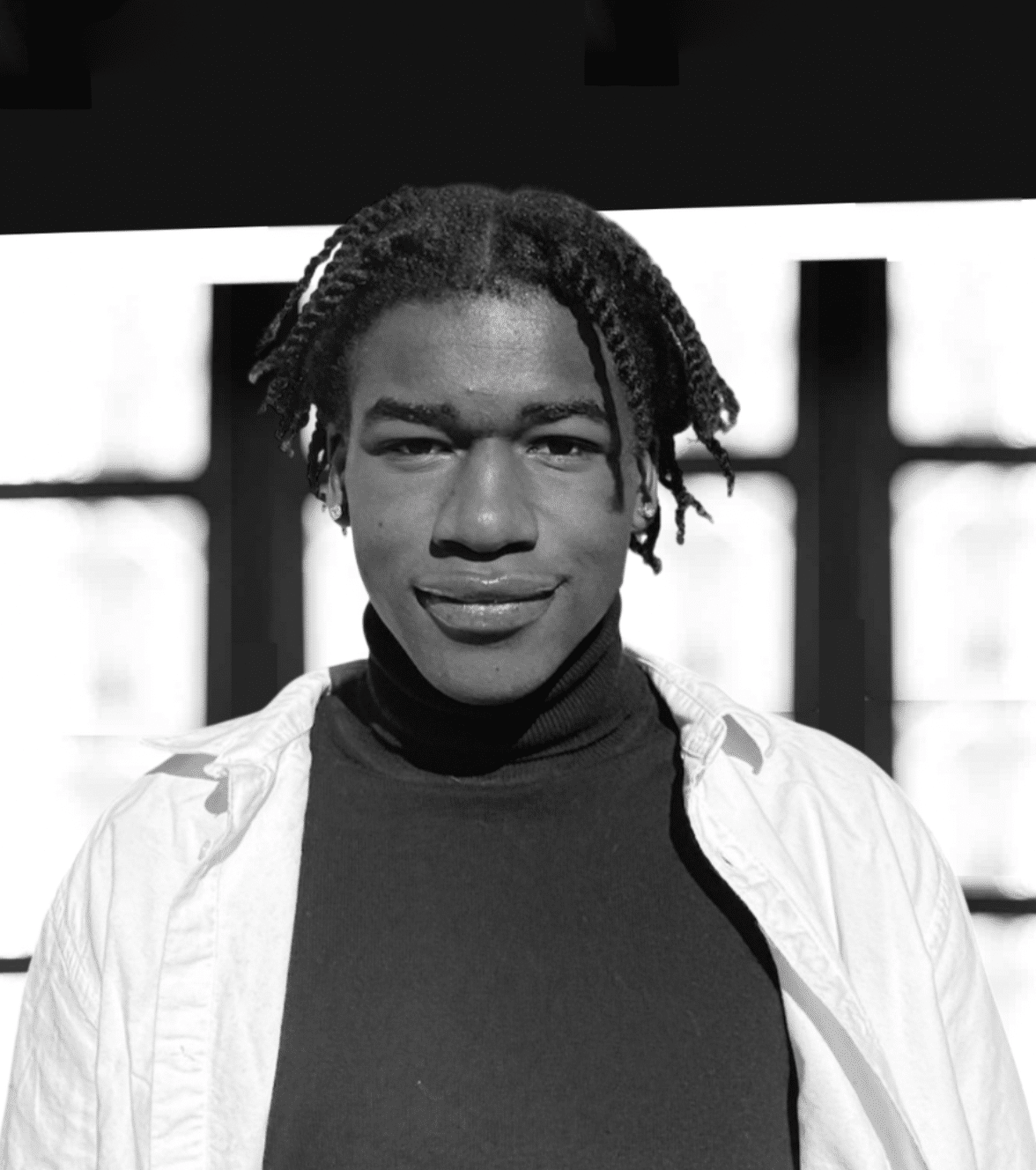Bérengère MASSIGNON Groupe Sociétés, Religions, Laïcités (GSRL) [vc_btn title= »Télécharger l’article » style= »outline » color= »blue » align= »right » i_icon_fontawesome= »fa fa-file-pdf-o » add_icon= »true » link= »url:http%3A%2F%2Fprod.confrontations.org%2Fwp-content%2Fuploads%2F2016%2F03%2FInterface-confrontations-EN-98-p.2.pdf||target:%20_blank »] Html code here! Replace this with any non empty text and that's it. Throughout history, the countries of Europe have exhibited a wide diversity of state policies on religion. These policies fall into three categories. The state-religion model, characterised by the attribution of privileges to the majority religion (such as financing and symbolic recognition) in exchange for the delegation of certain public services (recording of births, marriages and deaths, action in the healthcare, welfare and education sectors). The rules governing the organisation of the national religion are passed by parliament. The monarch or the President is the head of the church. Protestant countries such as England and Scotland (but not Wales or Northern Ireland) have adopted this model, as have some Scandinavian countries (Denmark, Iceland and Finland). In Sweden and Norway, the church
Ce contenu est réservé aux abonné(e)s. Vous souhaitez vous abonner ? Merci de cliquer sur le lien ci-après -> S'abonner












